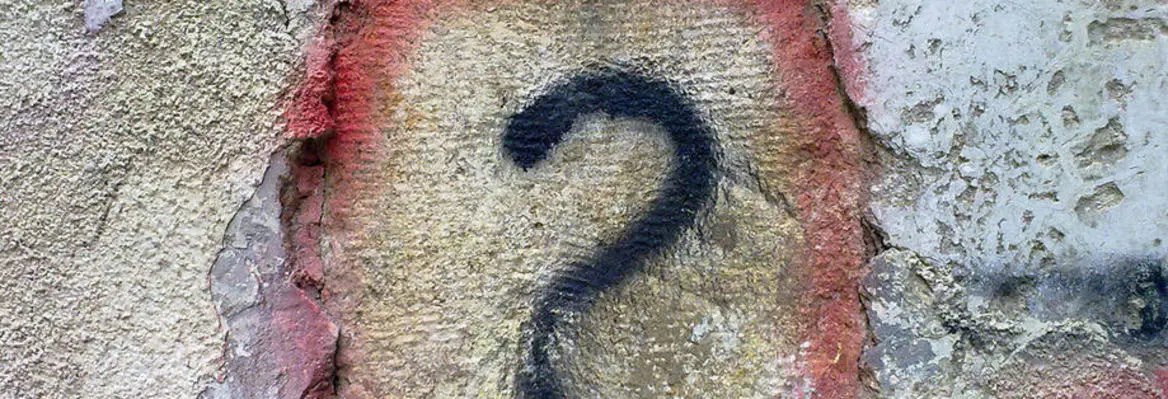There is a view that science can ultimately explain everything, can answer every legitimate question. It is called scientism. Interestingly, most scientists consider scientism a pretty dubious doctrine. Many accept there are questions that science has not, and perhaps cannot, answer.
Take moral questions, for example. Is killing always wrong? Is it morally acceptable to design a baby? Science can make new technologies possible, including weapons of mass destruction and genetic engineering. But most scientists agree that science cannot tell us whether it is ever morally permissible to use such technologies. It seems, as the philosopher David Hume famously noted, that science ultimately reveals only what is the case; it cannot tell us what we morally ought or ought not to do.
Nor, it seems, can science explain why the universe itself exists – why there is anything at all. Scientific explanations involve appealing to natural causes or laws. For example, if you ask why the water froze in the pipes last night, a scientist might explain by pointing out that the temperature of the water fell below zero, and that it is a law of nature that water freezes below zero. That would explain why the water froze. But what explains why there are any natural laws or causes in the first place? What explains why there is a natural world at all? Why there is something rather than nothing? Here, it would seem, science cannot provide answers.
Having said that, much that is traditionally supposed to be off-limits for science is not off-limits at all. Those who believe in psychic powers, or the therapeutic powers of crystals, or the effectiveness of petitionary prayer, or the existence of God will often insist that these claims concern aspects of reality that are supposedly beyond the remit of the empirical sciences. These claims supposedly concern what lies “behind the veil”, as it were. Those who would reject such claims on scientific grounds are often warned that they should show a little humility and acknowledge, with Hamlet, that there are “more things in heaven and Earth than are dreamed of in your philosophy”.









Join the conversation